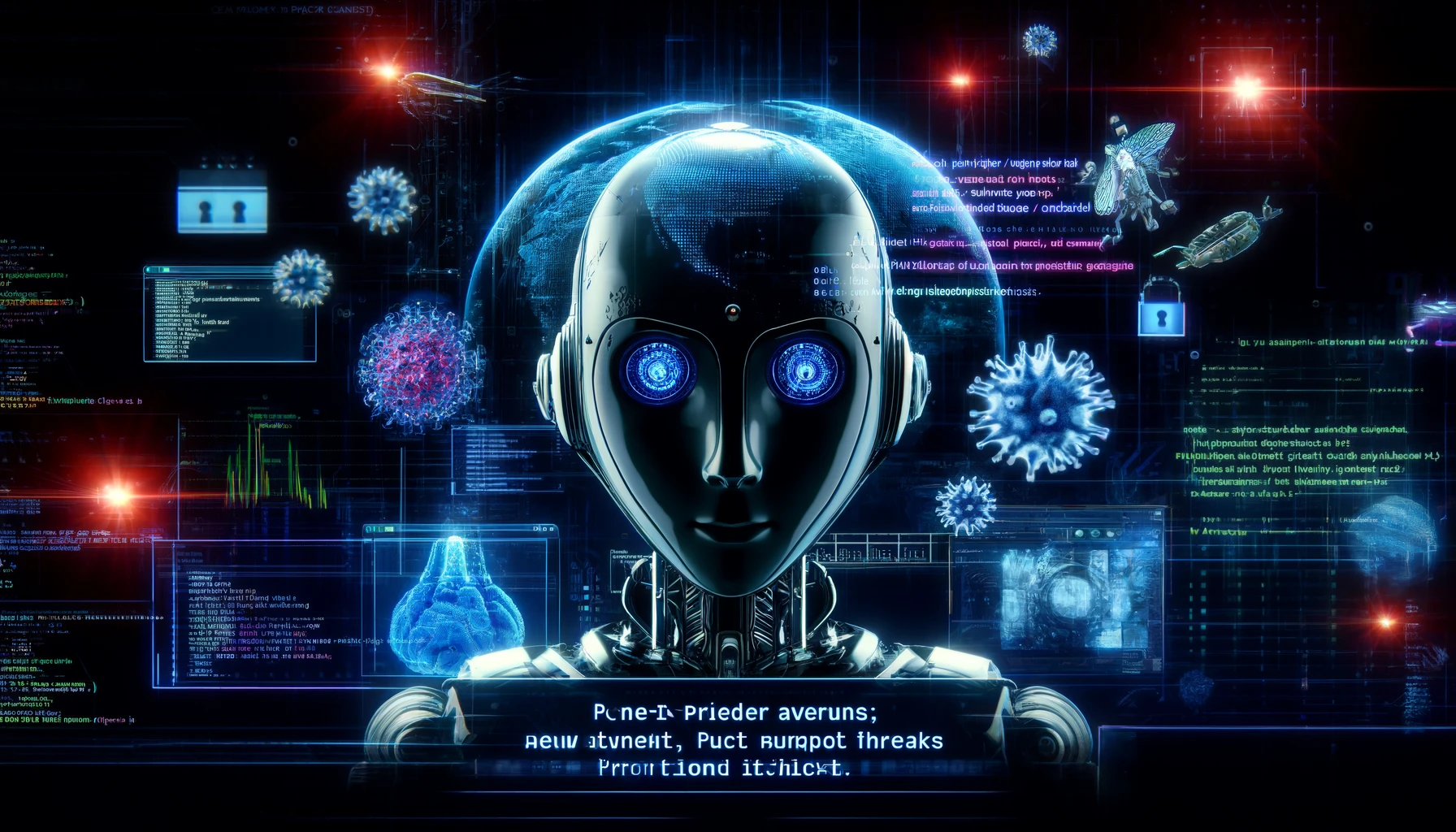New report exposes dark side of GenAI; warns of chatbot prompt injection attacks

Generative Artificial Intelligence (GenAI) has gained immense popularity among users worldwide, admired for its ability to mimic human intelligence and execute complex tasks with remarkable precision. However, as this technology continues to integrate into our daily lives, it also unveils new vulnerabilities that pose significant security threats.
Cybercriminals are exploiting GenAI t to enhance their capabilities in reconnaissance and social engineering, making their nefarious activities more difficult to identify and increasingly successful.
A new report sheds light on one such prevalent security vulnerability in GenAI systems - prompt injection attacks. These attacks allow malicious actors, or even regular users with no technical expertise, to manipulate AI-powered bots into revealing sensitive information or performing unauthorized actions.
Research conducted by Immersive Labs dives into these methods, revealing the substantial threat these new attacks pose to organizations and stressing the importance of collaboration between the public and private sectors.
Why should you care?
In an interactive experience created by Immersive Labs, users were challenged to outsmart its GenAI by utilizing prompt injection attacks to trick the bot into disclosing the password through 10 progressively challenging levels.
The findings are alarming.
- A staggering 88% of participants successfully manipulated a GenAI bot using prompt injection, suggesting that the vulnerability is easier to exploit than previously thought.
- Even non-cybersecurity professionals and those unfamiliar with prompt injection attacks were able to trick the bot, raising concerns about the potential widespread use of these attacks.
- As developers strive to make bots more secure, users are discovering more sophisticated ways to exploit them. This highlights the ongoing struggle between the growing complexity of AI and human creativity.
"These manipulation techniques exploit various psychological principles to try to induce the desired behaviour or response from the GenAI, and can be used by attackers to gain access in a real-world attack, with potentially disastrous consequences," the report says.
The report calls for collaboration between cybersecurity professionals and GenAI developers to address these emerging threats to mitigate potential harm to people, organizations, and society.
Conclusion
The future of AI hinges on robust security. As GenAI continues to open new avenues for technological advancement, it simultaneously exposes critical vulnerabilities that must be addressed. The alarming findings from the recent report serve as a stark reminder of the persistent threats we face. To protect against potentially disastrous consequences and to ensure that AI benefits all, there is an urgent need for robust cybersecurity measures and regulatory frameworks that mandate security standards for AI systems.
The stakes are high. We can't afford to wait any longer to address these critical security vulnerabilities, or the damage will be irreversible.
- READ MORE ON:
- GenAI
- chatbot prompt injection attacks
- dark side of GenAI










